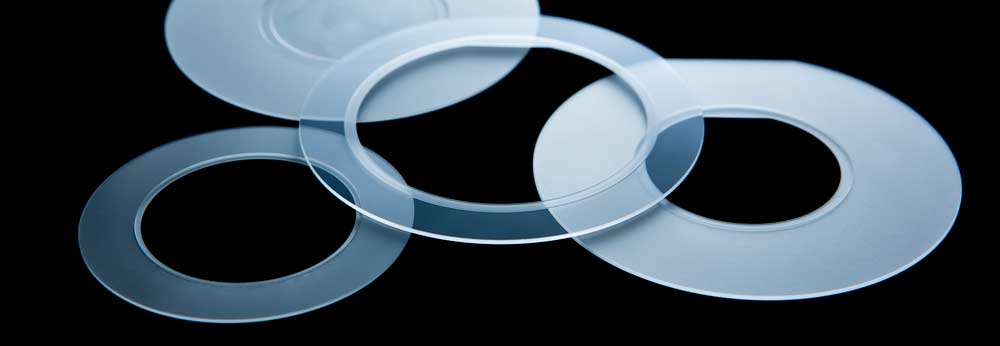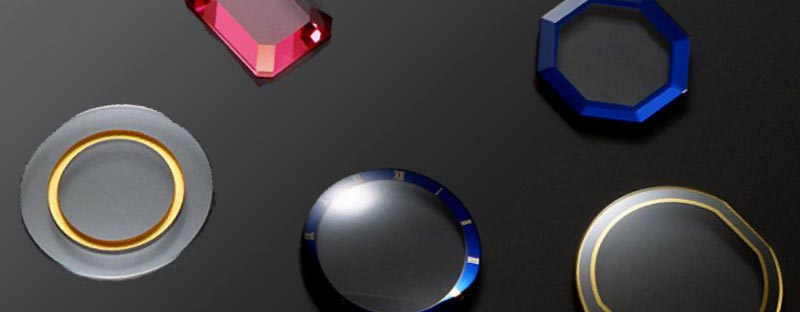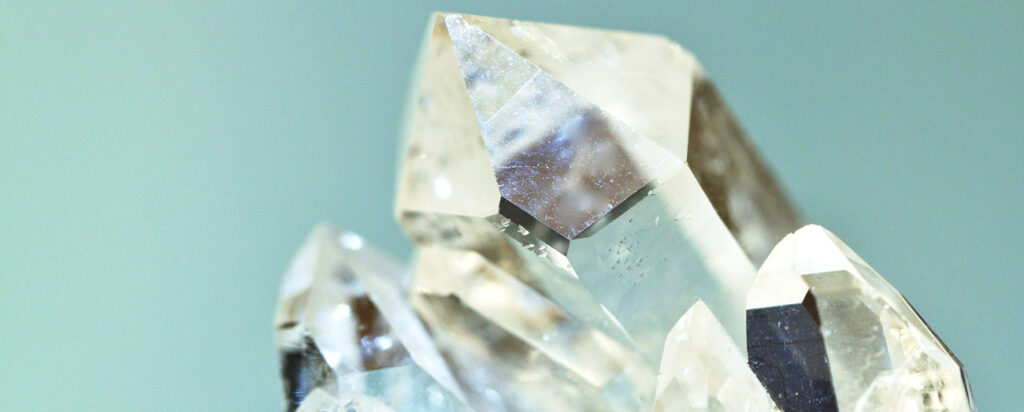Stylus in the Age of SP
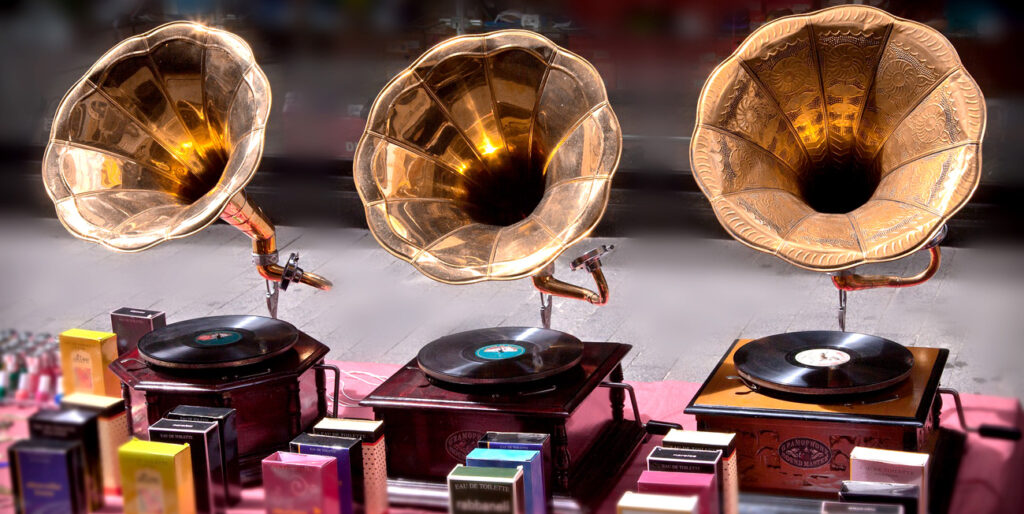
Table of contents [close]
We cannot help feeling a craftsmanship with a stylus in SP age. There are those a variety of wisdom filled.
10 years later of Edison’s invention, Berliner invented disc type phonograph named “Gramophone”. A record became to be mass production commodity. Phonograph in Berliner’s way used disc as a recording medium, that is easy to duplicate, and the groove was made with transverse wave method.
Gramophone began to become popular, due partly to their convenience for handling and storing as a result of the development of mass production method i.e., adopting low cost small spring motor and plating.
The material of record was also changed to shellac from ebonite which often caused quite a scratch noise. It made great strides in sound quality. In 1924, Bell laboratories succeeded in electric recording method using microphone.
Comparing to previous recording technique, sound range was broaden by two and half octave better than an acoustic recording method. Then even delicate sound can be recorded clearly.
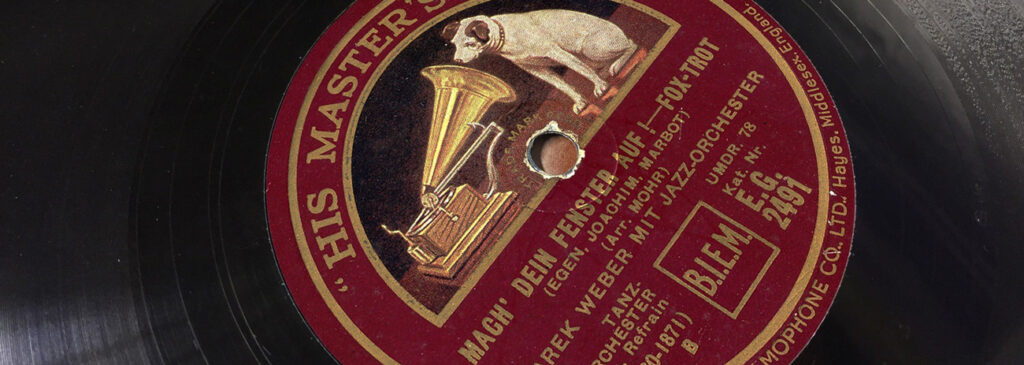
Stylus in the Age of SP
In the age of SP, sound quality and volume changed depends upon the shape and material of a stylus.
As a reproducing stylus at SP age, there are an iron, tungsten, chrome plating, bamboo, spine, pottery, glass in material, so much a variety of stylus were devised. There were some expensive stylus existed as well, using jewelry material such as a sapphire and diamond.
Let’s search the phonetic property of stylus for expand our knowledge.
Bamboo stylus
The sensitivity is quite low due to its material characteristic, it’s quite soft. Also, responsibility in high frequency range is not good enough. It’s an attractive to its mild tone. Whenever listening, trim the tip of a bamboo is necessary each time.
Iron stylus
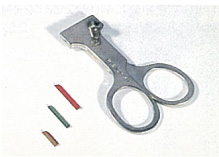
This was most commonly used stylus. It’s divided into several kinds such as Extra-loud tone, Full-tone, Half tone and Soft tone depends on the spec of its thickness and length.
By changing the stylus, you can taste a different sound quality and volume even a same sound-box.
Furthermore, there were unique iron stylus which resembled a pen and others were colorfully painted.
The explanation of the record needle is also available on this page.
Stylus Tip



